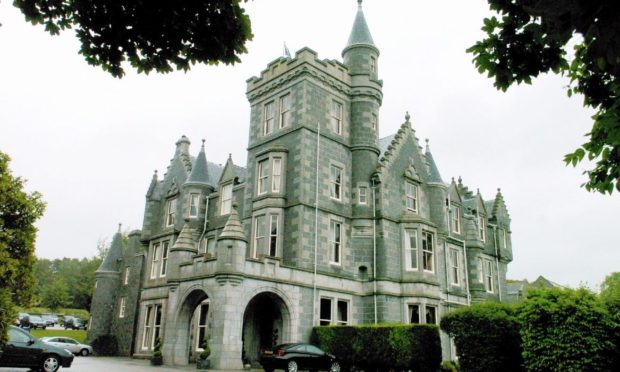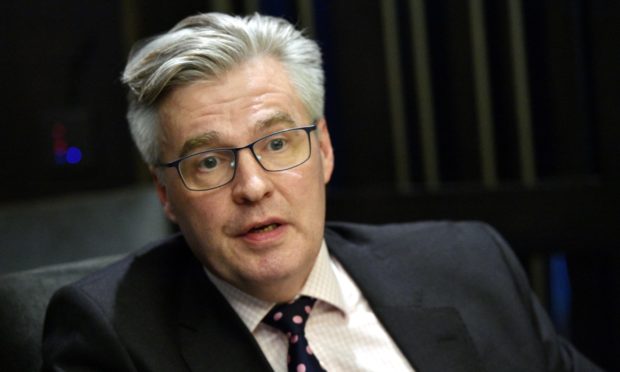Hotels in Scotland risk being decimated as the effects of the pandemic cast a long shadow over the fortunes of owners and investors.
Hotel businesses that are struggling with unsustainable debts, losses and staffing problems could decide to close permanently, a leading restructuring expert warns.
Derek Forsyth, head of restructuring with Azets, said it is entirely possible that 10% of Scotland’s hotels could be forced to shut permanently by 2023.
He pointed to a recent report by trade association UKHospitality that said the sector has £2.5 billion in rent arrears alone due to the pandemic, further compounding the debt accrued from the millions of pounds borrowed through the various Covid loan schemes made available last year.
Furthermore, a new survey by the Scottish Tourism Alliance pointed out that 89% of hotels have up to 10 staff vacancies, highlighting the scale of the recruitment problem.
'Marc Crothall, chief executive of the STA, said the situation is particularly acute in remote and rural locations. Many employers have been “surprised” by the number of those who have not come back from furlough when invited to do so.'https://t.co/8lPCrBOmuV
— ST Alliance (@st_alliance) May 17, 2021
In addition, the latest survey from Market Recovery Monitor has disclosed that nearly 10% of UK restaurants have closed since the pandemic.
The hotel sector is probably going to be just as severely affected during the next 18 months, he said.
‘Collapse in business travel’
“Many hotel businesses are seasonal yet have already been unable to capitalise on the normal spring upturn in bookings,” said Mr Forsyth.
“The collapse in business travel – together with the cancellation of major events, weddings, parties, conferences and tourism – has led to a severe haemorrhaging of income.
“Furthermore, hotels are also usually heavily geared with sizeable loans whilst still having to meet routine costs such as staffing, insurance, heating and marketing.
“Unfortunately, the sector is now facing an unprecedented set of problems that is almost certainly set to cause long-term strategic damage to Scotland’s hotel and hospitality sector.
“It would be entirely reasonable if several hotel operators, owners and entrepreneurs decide that the problems are insurmountable and close their businesses.
“If 10% of hotels close, it will have a serious impact on Scotland’s urban and rural economies, given the importance of the sector in terms of employment, investment and the cohesive role hotels play in local communities.”
Aberdeen already hit
Stephen Gow, vice-chair of the Aberdeen City & Shire Hotels’ Association, agreed the sector faces huge difficulties and and urged customers to help by being considerate about booking.
“Aberdeen has already experienced the impact of the downturn in the oil and gas sector with the closure of three of the city’s best-known hotels: Double Tree by Hilton City Centre, Double Tree by Hilton Treetops and Ardoe House,” he said.
“Hotels and restaurants will undoubtedly be challenged in the next few years with debt repayment on loans taken out in the last year, increased utility and insurance costs – with up to 20% additional costs in these areas.
“In addition, there are fewer skilled team members available, particularly in the kitchen, as many hospitality employees have found alternative employment, creating wage inflation and driving costs up.
“Changing customer behaviour, such as late cancellations and no shows, are causing further issues, such as food waste and staffing costs.
“Not only will operators look at the viability of their businesses over the next few years but there will be less investment as capital will be harder to come by.
“The next few years are going to be difficult for all hospitality businesses and there may well be a number of good businesses that are just not able to survive the trading conditions they now find themselves in.”


